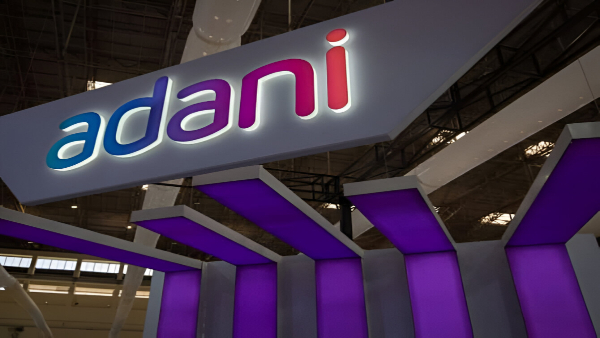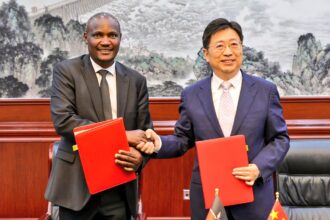The Adani Group has taken a significant step towards its proposed takeover of Jomo Kenyatta International Airport (JKIA) by establishing a Kenyan subsidiary.
This move comes despite mounting opposition from various quarters. The new company, Airports Infrastructure PLC (AIP), was officially incorporated on August 30, 2024, with a share capital of Sh6.75 million.
Notably, AIP is fully owned by Global Airports Operator L.L.C. (GAO), an Abu Dhabi-based subsidiary of Adani Enterprises.
The primary objective of this new entity is to manage, operate, develop, and improve airport facilities in Kenya.
Details of Adani’s JKIA Proposal
Adani Group has put forward a comprehensive proposal for a 30-year concession to operate and expand JKIA. The deal, valued at $1.85 billion, includes several key components:
- A $750 million investment to develop a new terminal, apron, taxiways, and other facilities by 2029
- An additional $92 million allocated for improving the taxiway system and constructing related facilities by 2035
- Plans to develop new city-side facilities, including hospitality, business centers, and amenities
In return for these investments, Adani would gain operational control of JKIA for three decades. Furthermore, the deal would effectively prevent the development of other major Kenyan airports without Adani’s consent.
Aviation Workers Voice Strong Opposition
The Kenya Aviation Workers Union (KAWU) has emerged as a vocal opponent of the Adani deal. Their primary concerns revolve around potential job losses, reduced benefits, and deteriorating working conditions. Initially, KAWU planned to stage a strike on September 2 to protest the takeover.
Additionally, the union has demanded full transparency regarding the Adani deal. They are insisting on the disclosure of the Public Initiation Proposal (PIP) assessment report and minutes from meetings between KAA and Adani. In a bold move, KAWU has also called for the resignation of Kenya Airports Authority (KAA) officials to avert the planned strike.
Government’s Stance and Ongoing Negotiations
Despite the opposition, the Kenyan government continues to defend the Adani deal. They argue that it is necessary to address JKIA’s ongoing infrastructure issues.
In an attempt to address the growing tension, President William Ruto met with union leaders and government officials on August 26.
Following this meeting, the government instructed Transport CS Davis Chirchir to provide the union with details of the expansion project and Adani’s proposal.
However, as of now, the workers have yet to receive these documents. Consequently, the situation remains tense, with aviation workers continuing to demand transparency and oppose the deal.
Widespread Concerns Over the Adani Proposal
The Adani deal has sparked widespread concern among Kenyans, primarily due to its lack of transparency and the company’s extensive demands. Some of the most controversial aspects of the proposal include:
- Requests for changes to Kenyan laws and aviation policies to ensure Adani’s monopoly on JKIA for 30 years
- Restrictions on upgrading Kenya’s 38 airports and preventing the construction of new airports without Adani’s consent
- Granting Adani control over land, taxes, fees, and staffing decisions
- Making the Kenyan government liable for losses while limiting its role in airport operations
Moreover, the Adani proposal explicitly stated that the success of the airport project would be “highly dependent on favorable tax policies” and requested tax exemptions.
Despite growing opposition from aviation workers and civil society organizations, the Adani Group continues to push forward with its plans to take over JKIA’s operations.
The outcome of ongoing negotiations and the planned strike will undoubtedly have a significant impact on the future of JKIA and Kenya’s aviation sector as a whole.

















